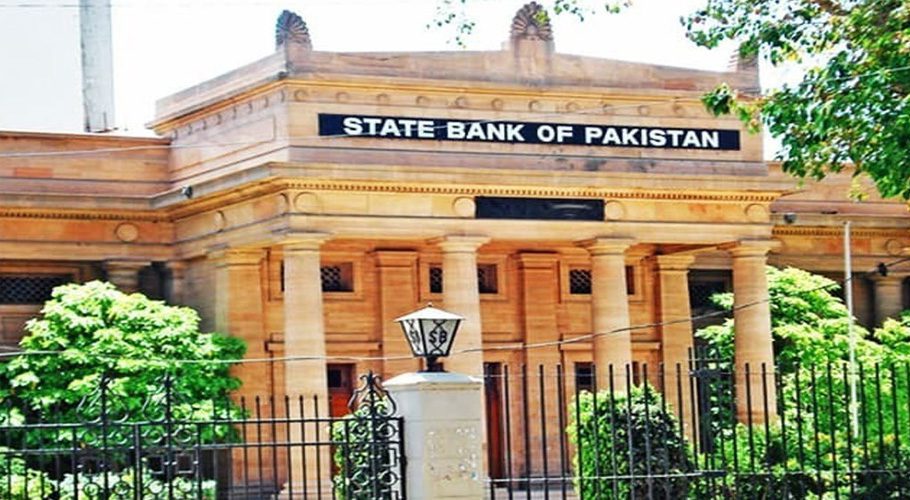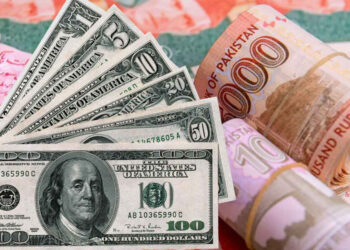KARACHI: The State Bank of Pakistan on Friday increased the interest rate by 100 basis points (bps) to 16 percent, taking it to 16 percent, the highest since 1999.
The development comes against expectations as a majority of market participants expected the central bank to maintain status quo at 15%.
1/3 At today’s meeting, the Monetary Policy Committee (MPC) decided to raise the policy rate by 100 basis points to 16%. https://t.co/E4scWh3Eeo
— SBP (@StateBank_Pak) November 25, 2022
3/3 After incorporating the Post-Disaster Needs Assessment of the floods and latest developments, the FY23 projections for growth of around 2% and a current account deficit of around 3% of GDP shared in the last monetary policy statement are re-affirmed.
— SBP (@StateBank_Pak) November 25, 2022
“At today’s meeting, the Monetary Policy Committee (MPC) decided to raise the policy rate by 100 basis points to 16 percent,” the MPC said.
The central bank said that the decision was aimed at ensuring that “elevated inflation does not become entrenched and that risks to financial stability are contained, thus paving the way for higher growth on a more sustainable basis”.
It is impossible to ignore the rise in cost-push inflation, which calls for a monetary policy response, MPC said.
Also read: ‘Pakistan has received $3.4bn aid for flood relief operations’, NA told
The MPC believed that despite the ongoing economic slowdown, supply shocks both domestically and globally were increasingly responsible for driving up prices and driving up inflation.
“In turn, these shocks are spilling over into broader prices and wages, which could de-anchor inflation expectations and undermine medium-term growth. As a result, the rise in cost-push inflation cannot be overlooked and necessitates a monetary policy response.” The press release said.
The MPC noted that the short-term costs of bringing inflation down are lower than the long-term costs of allowing it to become entrenched.
“At the same time, curbing food inflation through administrative measures to resolve supply-chain bottlenecks and any necessary imports remains a high priority.” the press release reads.
The press release added that since its last meeting, the MPC had noted three key domestic developments.
First, it stated that core inflation continued to rise while headline inflation rose “sharply” in October as the administrative cut to electricity prices from the previous month was unwound. Food prices also “accelerated significantly” due to crop damage from the recent floods.
Second, the MPC noted that the current account deficit “significantly moderated” in both September and October as a result of a substantial fall in imports.
It also stated that despite this moderation and additional funding from the Asian Development Bank, external account problems continue.
Thirdly, it stated that while growth and CAD projections were expected to remain at 2 and 3 percent, respectively, average inflation for FY23 was predicted to be between 21 and 23 percent because of higher food prices and core inflation.




































